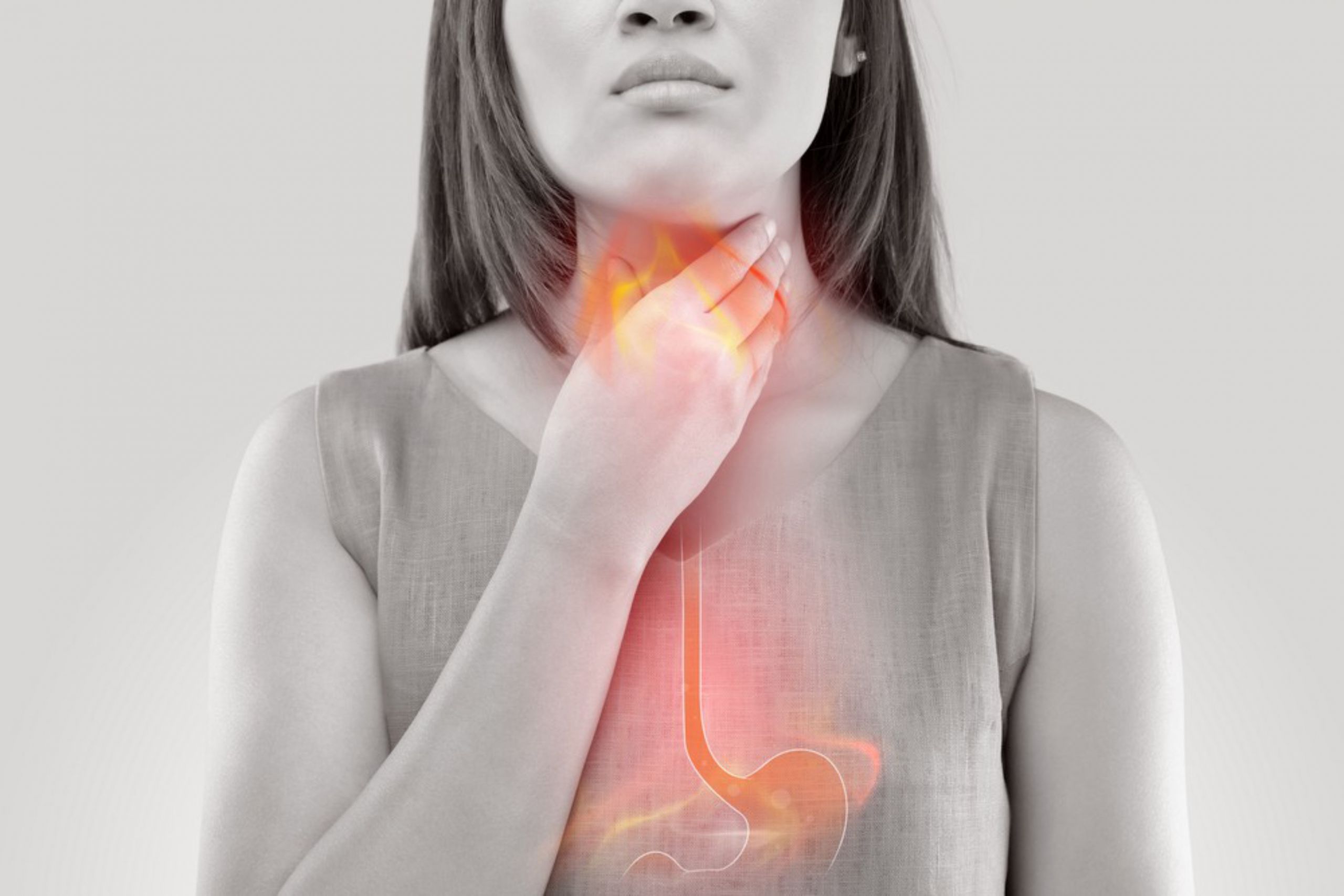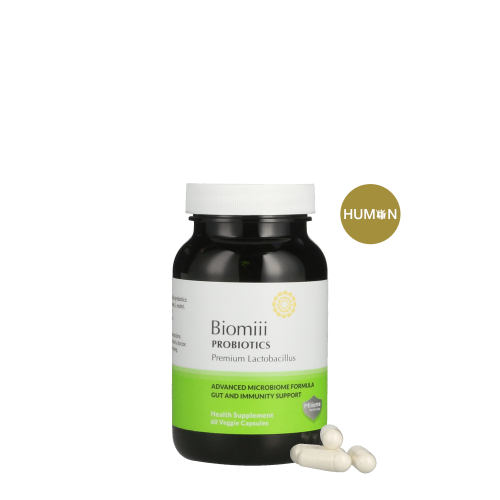
WHY SHOULD YOU TAKE PROBIOTICS EVERYDAY?
March 26, 2022Gastroesophageal Reflux Disease or commonly known as GERD is a digestive disorder that occurs when stomach acid, or food frequently flows back up into oesophagus or the tube connecting your mouth and stomach.
It results in a burning sensation in lower chest – hence the term heartburn, nausea, and throat irritation being common GERD symptoms.
Contrary to popular belief, acid reflux condition is not caused by over production of stomach acid, rather it is the result of stomach acid escaping to the wrong place.
GERD is the result of dysfunctional muscular valve called oesophageal sphincter that regulates the flow from the oesophagus to the stomach and causes stomach contents (food and stomach acid) to regurgitate back up into oesophagus.
Certain types of GERD may also be due to neurological disorder, influenced by neurological agent or microbial agent who act upon the nervous system controlling the gastrointestinal system (GI tract).

GERD patients are often prescribed with proton pump inhibitors (PPIs) such as omeprazole, esomeprazole, lansoprazole, and rabeprazole.
The other class of drugs commonly prescribed for GERD treatment are H2 blockers such as ranitidine, famotidine, and cimetidine.
PPIs and H2 blockers do reduce stomach acid production and increase pH in the oesophagus to prevent oesophageal damage caused by persistent acid reflux. Their efficacy has been widely recognised and they are generally safe for short-term use.
However, they do not necessarily address root cause of the problems and are not ideal for long-term use.
Long term PPI use has been linked to various health problems such as impairment in nutrient absorptions leading to iron deficiency anaemia, vitamin B12 deficiency, hypomagnesemia, increased risk of bone fractures, kidney damage, dementia, and pneumonia.1
More and more studies have also pointed out long-term PPI use alters gastric and gut microbiome2 – decrease in microbial diversity, exposing GERD sufferers to whole hosts of other health problems in the long run.
In fact, studies done in 2017 by Washington University School of Medicine in St. Louis showed that long-term use of PPIs and H2 blockers is associated with an increased risk of death.3
Here comes the good news!
Postbiotics offer a safe and effective natural therapeutic route to address long-term GERD condition without the side effects of acid reflux medicines.
Postbiotics are metabolic by-product or bioactive metabolites produced by probiotics during fermentation.
While probiotics have demonstrated their beneficial effects on alleviating GERD condition4, postbiotics are the next generation of gut health properties beyond probiotics. Beneficial properties of postbiotics include anti-inflammatory, immunomodulatory, antioxidative, anti-microbial.5
Postbiotics are highly versatile that they can be administered on their own or consumed together with PPI or H2 blocker.
Taken together with PPI or H2 blocker, postbiotics help prolong the time to relapse, reduce reliance of these drugs6, with a long-term objective of cutting the drug regime altogether, and eventually count on healthy gut microbiome as a holistic approach.
Long-term probiotics and postbiotics consumption also help individuals with history of GERD condition to improve their nutrient absorption, build strong immunity, and most importantly significant improvement in quality of life.
Biomiii Probiotics is an advanced microbiome formula, consisting of six proprietary probiotic strains, Miiiome Postbiotics and prebiotics, for gut and immunity support. It is an ideal supplement for those who seek a holistic solution to improve the health of gastrointestinal tract including those with history of acid reflux and GERD.
- Yi-Chao Shi, Shun-Tian Cai, Ya-Ping Tian, Hui-Jun Zhao, Yan-Bing Zhang, Jing Chen, on-Rong Ren, Xi Luo, Li-Hua Peng, Gang Sun, Yun-Sheng Yang: Effects of Proton Pump Inhibitors on the Gastrointestinal Microbiota in Gastroesophageal Reflux Disease. Genomics Proteomics Bioinformatics 17 (2019) 52-63.
- Imhann F, Bonder MJ, Vich Vila A, et al.: Proton pump inhibitors affect the gut microbiome. Gut 2016;65:740–748. doi:10.1136/gutjnl-2015-310376
- Xie Y, Bowe B, Li T, et al. Risk of death among users of Proton Pump Inhibitors: a longitudinal observational cohort study of United States veterans. BMJ Open 2017;7:e015735. doi:10.1136/ bmjopen-2016-015735
- Sun QH, Wang HY, Sun SD, Zhang X, Zhang H. Beneficial effect of probiotics supplements in reflux esophagitis treated with esomeprazole: A randomized controlled trial. World J Gastroenterol. 2019;25(17):2110-2121. doi:10.3748/wjg.v25.i17.2110
- Piqué N, Berlanga M, Miñana-Galbis D. Health Benefits of Heat-Killed (Tyndallized) Probiotics: An Overview. Int J Mol Sci. 2019;20(10):2534. Published 2019 May 23. doi:10.3390/ijms20102534
- Komatsu, Yasuhiko & Sasaki, Tomoya & Ohishi, Masami. (2017). Effect of Heat-Killed Lactobacillus johnsonii No. 1088 on Gastroesophageal Reflux Disease-Related Symptoms: A Pilot Clinical Study. American Journal of Food Science and Health. 2. 176-185.
Most scientific reference of probiotics and postbiotics are done on Lactobacillus genus, whose long history of use in fermented products has led to their recognition as GRAS (Generally Recognized As Safe) by the US Food and Drug Authority (FDA), and earned them a place on the QPS (Qualified Presumption of Safety) list assembled by the European Food Safety Authority (EFSA).






